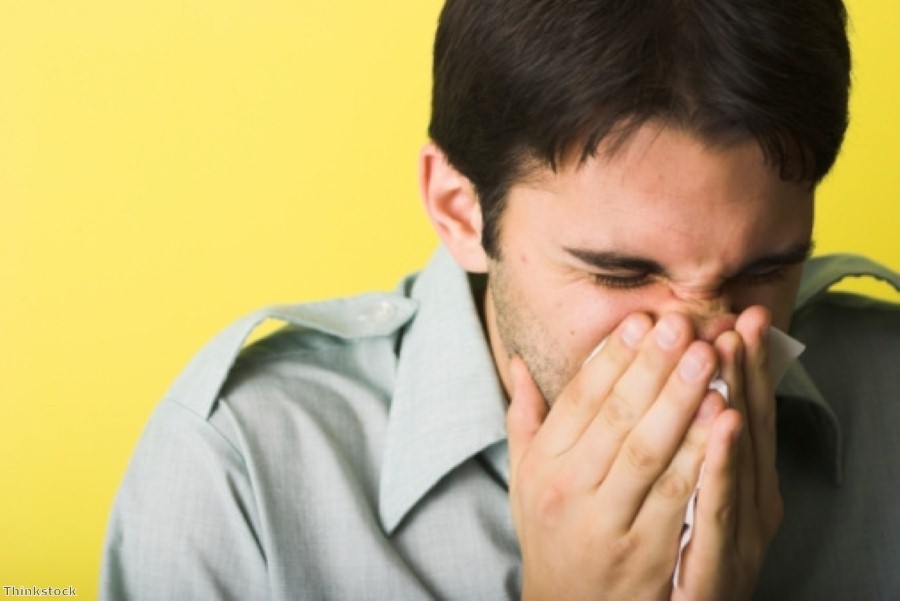Drivers with hay fever advised to take extra care
With the hay fever season in full swing, many Brits will be feeling the effects of grass pollen and other irritants on their eyes, nose and throat.
However, have you ever stopped to consider how your allergy may be affecting your driving? IAM RoadSmart is advising motorists to do just that, pointing out that the effects of both hay fever symptoms and medication could be detrimental to being behind the wheel.
Head of driving and riding standards Richard Gladman said it is a good idea to take extra precautions against hay fever before taking to the road.
He recommended cleaning the vehicle more regularly to remove pollen and making use of the ventilation system to ensure not too much gets in. If there is an in-built pollen filter, change it regularly.
Mr Gladman also said sufferers should exercise caution with any medication they take. Although GPs and pharmacists may prescribe antihistamines, these can cause drowsiness and should be used carefully.
Wherever possible, purchase non-drowsy versions of medicines if you need to drive.
"If you are stopped by the police after taking a hay fever remedy and driving whilst impaired you could find yourself falling foul of drug driving regulations. Check the medication thoroughly and see if it is suitable. But most importantly, concentrate on your route to recovery so you can get back onto the road sooner rather than later," Mr Gladman commented.
Should the tablets fail to work and the sneezing fits continue, motorists were urged not to drive and to organise another form of transport or a lift, since a sneeze on the road could result in a vehicle travelling up to 50ft out of control.
If you do need to sneeze while driving, ensure you have left plenty of space between your car and the vehicle in front – or, better still, pull over.
According to the NHS, around 20 per cent of people in the UK are hay fever sufferers. This rate is on the increase, though, with reports suggesting it could double by 2030.
